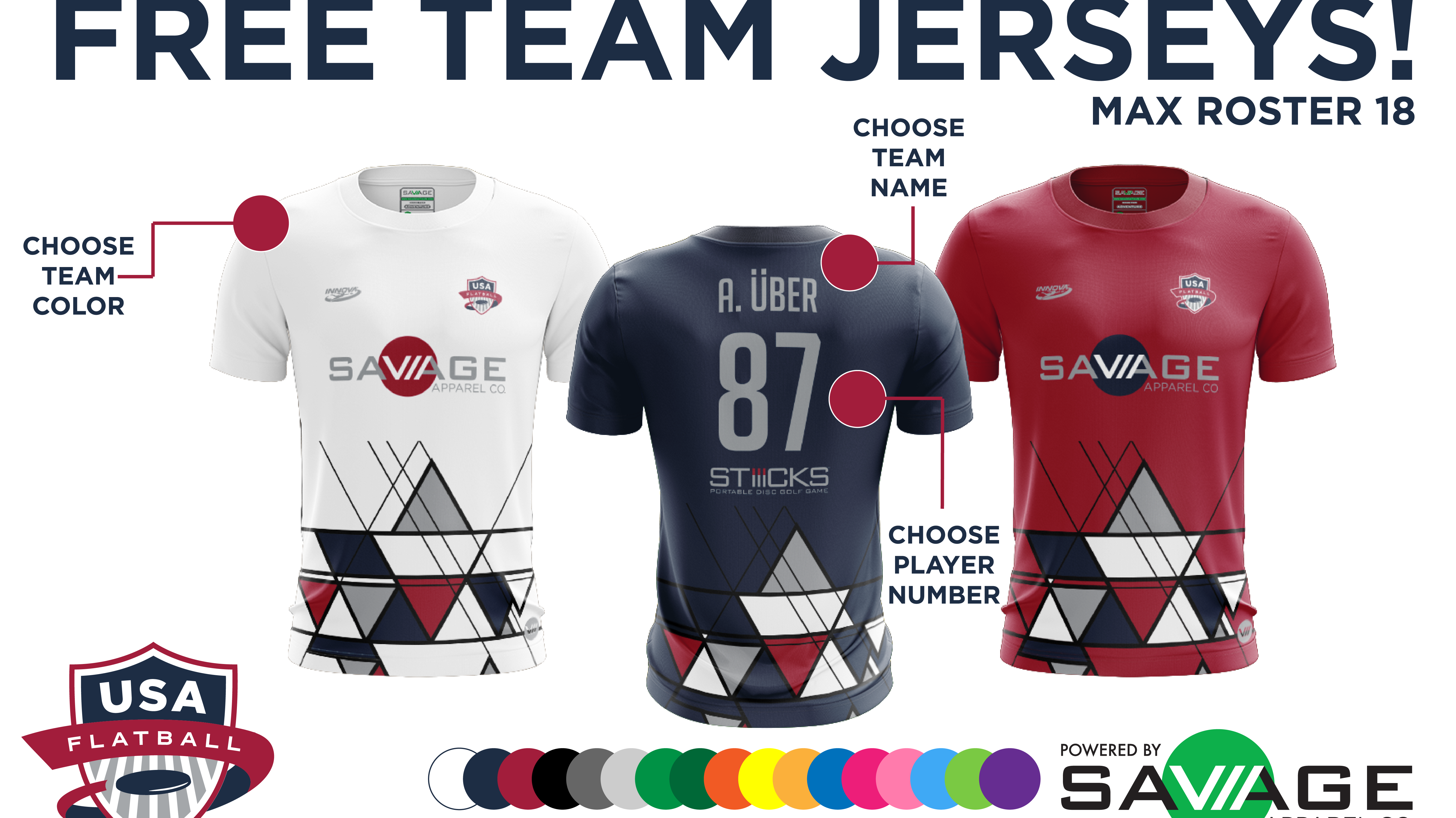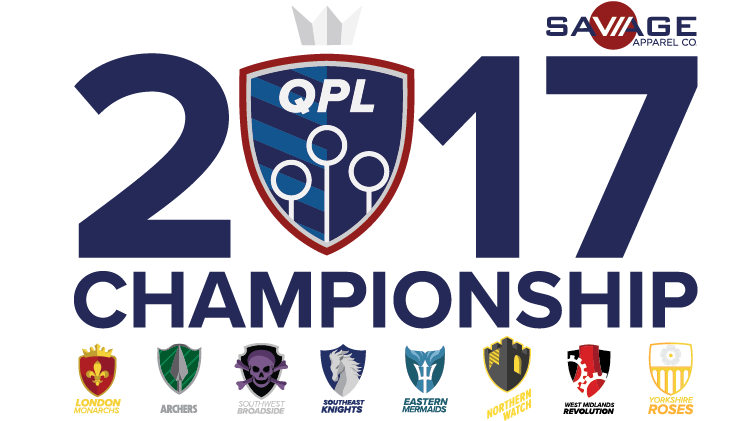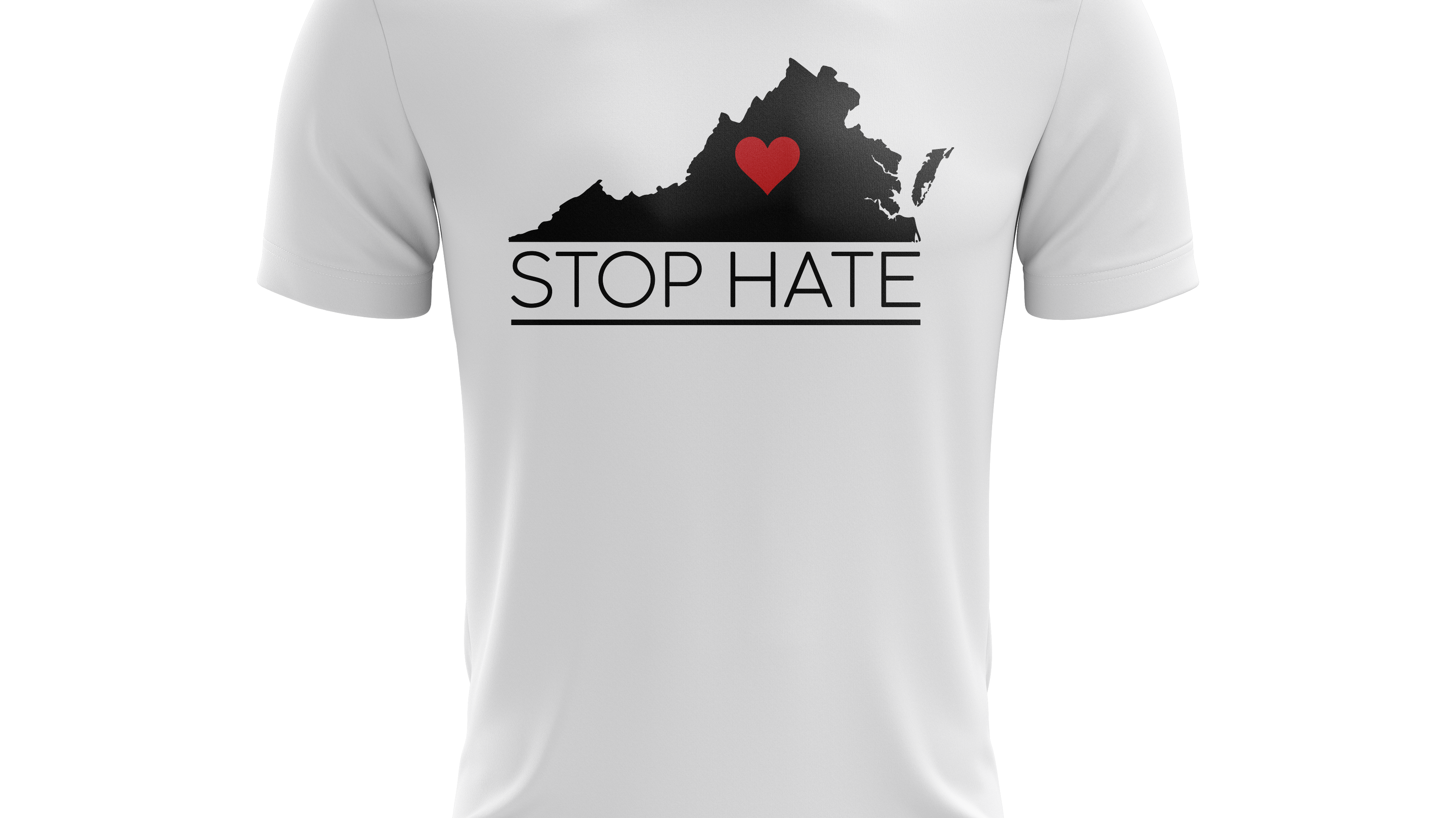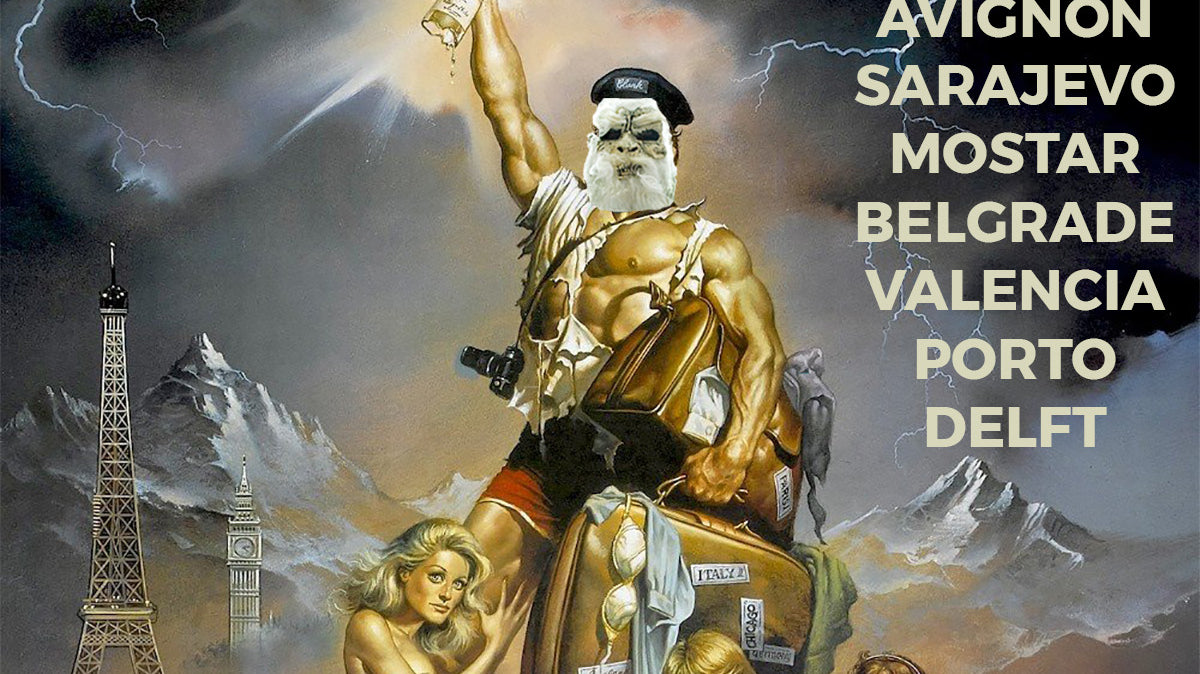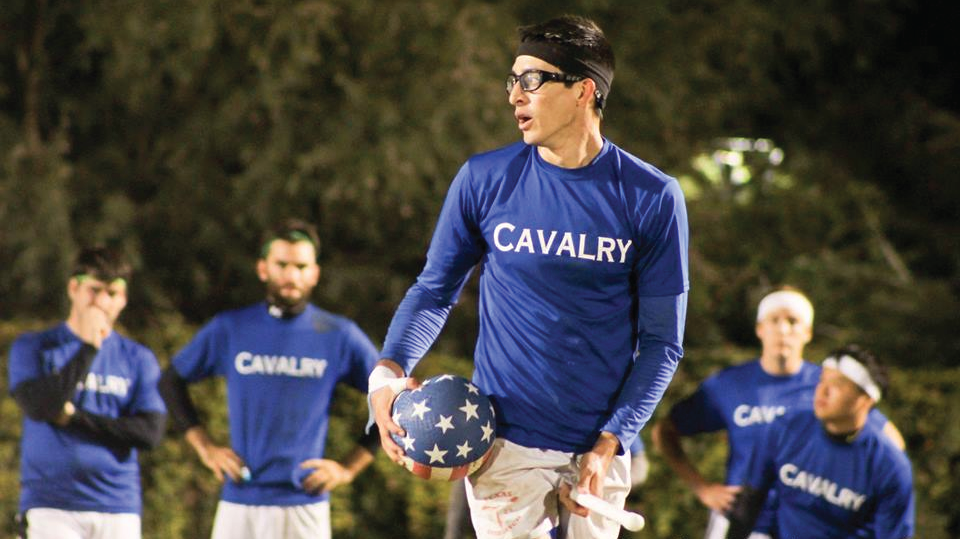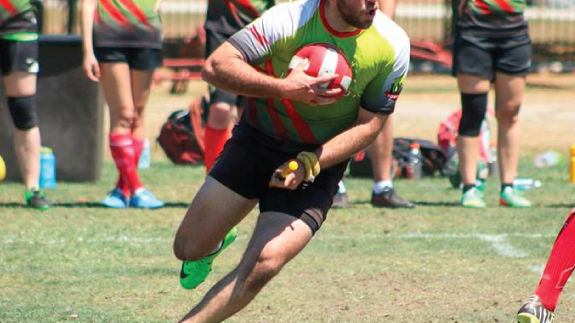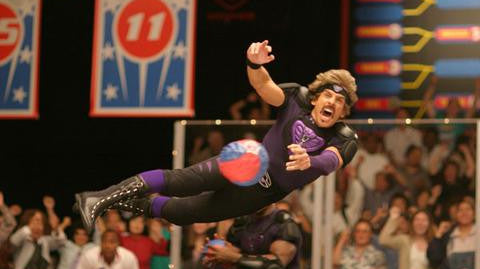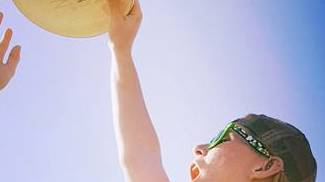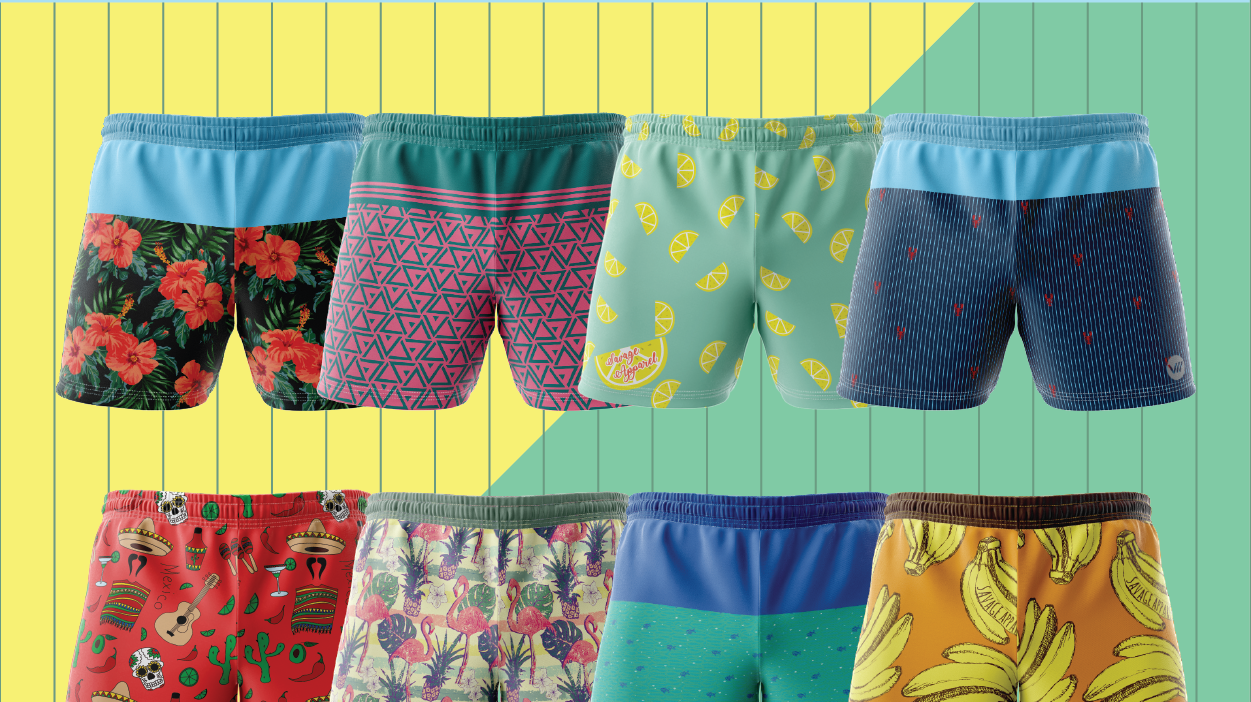News
Savage Offers USA Flatball College Championships FREE Full Sub Jerseys!
Savage is excited to partner once again with USA Flatball's College Championships. It's our 3rd year with USA Flatball and we wanted to do something special. We are offering each...
The 2017 Quidditch Premier League Championship
We've been waiting all season to see who will be crowned the 2017 Quidditch Premier League Champion! Savage is on site in Hull, England to be a part of the event!...
(I don't want to) LABOR....Day Sales!
Already missing the end of summer? Us too! So, we're going to have a sale of some of our killer Eastern Shore Line shorts for 50% off. Getting back to the...
Team Marketplace: Back to School Edition
Here at Savage, we know that a team doesn't necessarily have to be on the playing field. Sometimes it's the people in a club or organization, people who perform together,...
Savage Stands in Solidarity with Charlottesville
We watched with heavy hearts as violence unfolded in our home state of Virginia this past weekend. Charlottesville is just over an hour west of our headquarters in Richmond, and we...
European Vacation
Savage is headed to Europe, and we want to meet your team! We're planning to stop by tournaments, practices, and events. Whether you play ultimate, quidditch, kickball, disc golf, dodgeball or some...
7 Questions with Austin Outlaws player Augie Monroe
Savage is on a mission to highlight players from our sponsored teams across multiple sports. Catch this and other "7 Questions from Savage" as we take you into the minds of...
7 Questions with MLQ Night Rider Harry Greenhouse
Savage is on a mission to highlight players from our sponsored teams across multiple sports. Catch this and other "7 Questions from Savage" as we take you into the minds of...
Avery Jenkins Joins Team Savage
We're so proud to announce that the 2009 Disc Golf World Champion, Avery Jenkins has signed with Savage as his apparel partner. We first met Avery at the US Disc...
Where's Savage? Broomsticks and Battleball
Savage has a busy month coming up in August with some major tournaments happening all over the world. Want to follow us on our adventures? Here's where you can find...
Player Focus: Madeline Kramer Brings a Love of Ultimate to Kids in Need
Meet Madeline, ultimate frisbee player and change-maker. Madeline reached out to us recently and shared her story of the Children's Village in Oakland County, Michigan and her opportunity to...
NEW! Eastern Shore Clothing Line
Our new clothing line is here! We are proud to present Eastern Shore, a summer inspired line complete with the coolest shorts in town! These shorts are available in both...

